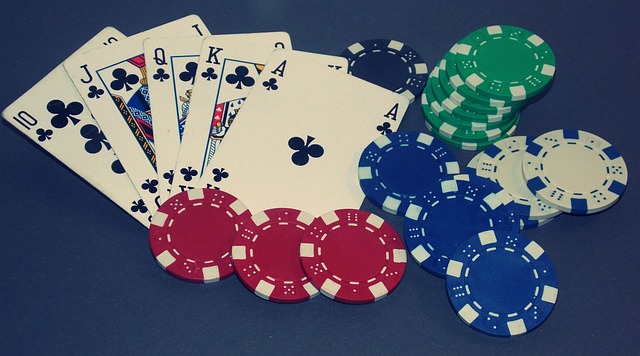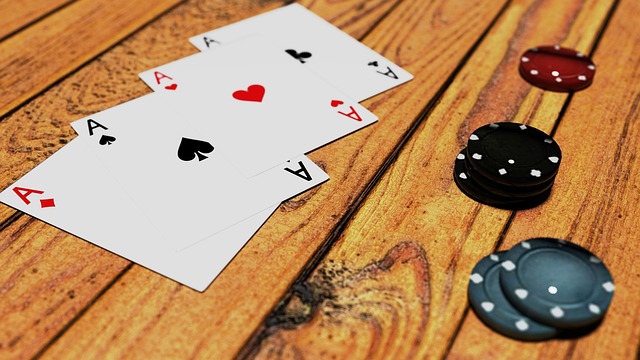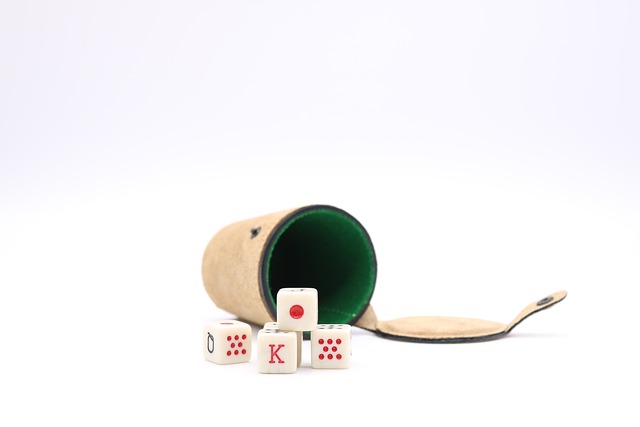Chinese Poker is a unique poker variant using a standard deck and multiple betting rounds, but ranking hands based on specific combinations with distinct point values. Players aim to win by achieving the lowest total score while balancing high-value card pursuit and low-value opponent avoidance. It's a cultural phenomenon deeply rooted in Chinese society, fostering social interaction, storytelling, and tradition celebration through strategic gameplay that incorporates reading opponents' body language.
Chinese Poker, a captivating variation within the global poker games family, stands out for its unique blend of skill, strategy, and cultural intrigue. Unlike traditional poker, this classic game utilizes a fixed hand of three cards, demanding intricate tactics and a keen understanding of odds. Beyond the cards, Chinese Poker encapsulates rich cultural significance, reflecting the strategic thinking and social interactions deeply rooted in Chinese culture. This article explores these facets, offering insights into the rules, strategy, and cultural context that make Chinese Poker such a captivating game.
- Chinese Poker: A Unique Variation Among Poker Games
- Rules and Strategy: Unraveling This Classic Game
- Cultural Significance: Beyond the Cards in Poker Games
Chinese Poker: A Unique Variation Among Poker Games

Chinese Poker stands out as a unique variation among poker games, offering a twist on traditional gameplay that captivates players worldwide. Unlike its Western counterparts, Chinese Poker is played with a standard 52-card deck and involves multiple rounds of betting, but the key difference lies in how hands are evaluated. Instead of using a standard ranking system, Chinese Poker values specific card combinations, such as pairs, three of a kinds, and straight flushes, assigning them distinct point values.
This variation adds an element of strategy not found in traditional poker games. Players must balance their desire for high-value hands with the need to keep low-value cards from their opponents. The objective is to win rounds by having the lowest total score at the end of several deals, making it a truly unique and engaging experience within the broader spectrum of Poker Games.
Rules and Strategy: Unraveling This Classic Game

Chinese Poker, a captivating variation of poker games, has taken players by storm with its unique blend of skill and luck. Unlike traditional poker, this game involves multiple rounds of betting on hand rankings rather than individual cards. Players aim to form the highest-ranked hand from their set of cards while strategically bidding against opponents.
The key to success in Chinese Poker lies in understanding hand hierarchy and mastering bid placement. A solid strategy entails recognizing when to raise for a stronger hand, fold when the odds are against you, or make a low bid to manipulate other players’ decisions. This classic game encourages strategic thinking, quick reflexes, and an ability to read opponents’ bidding patterns, making it both intellectually stimulating and thrillingly competitive among poker enthusiasts.
Cultural Significance: Beyond the Cards in Poker Games

Chinese Poker transcends mere card games; it holds a profound cultural significance deeply rooted in Chinese society. Beyond the strategic shuffling and betting, these games serve as social hubs where communities gather to share stories, forge bonds, and celebrate traditions. The art of reading opponents’ expressions and body language isn’t just about winning hands; it’s a nuanced dance of understanding and empathy.
This cultural aspect extends to the game’s symbolism within Poker Games. Cards themselves carry historical weight, often depicting legendary figures or scenes from ancient Chinese literature. The act of playing becomes a communal ritual, mirroring significant social interactions and values such as honor, strategy, and resilience—all while fostering a sense of camaraderie that resonates throughout Chinese communities both old and new.
Chinese Poker, a unique variation among poker games, transcends mere card play with its rich cultural significance. By delving into this classic game, we’ve explored not just its rules and strategy, but also its deeper meaning in the context of global poker culture. As we’ve discovered, Chinese Poker is more than a game; it’s a testament to human interaction, strategy, and tradition, making it a fascinating part of our diverse poker games landscape.






